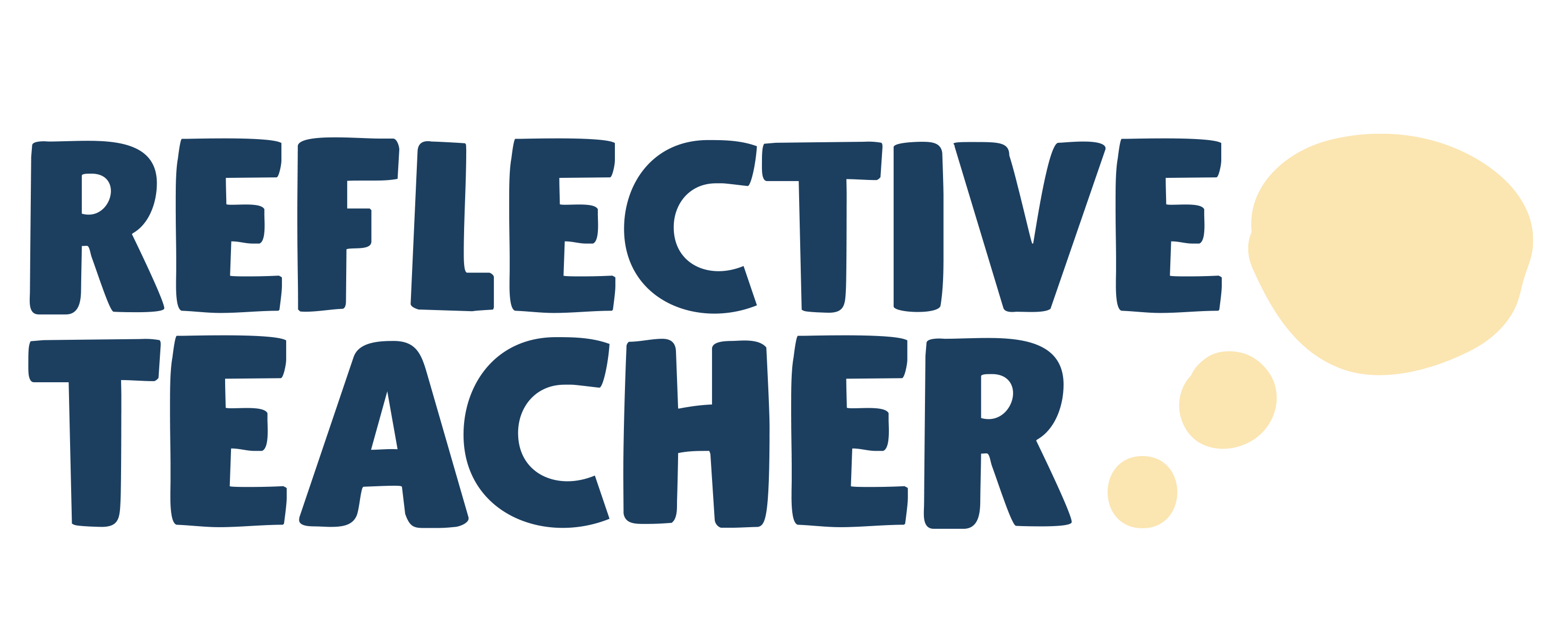Research by Wysa reveals that more than 8 in 10 teenagers are experiencing mental health worries, with 1 in 3 needing professional support, according to standard screening. But most worryingly, young people aren’t getting the help that they need. More than half (55%) who scored 3 or more on Generalised Anxiety Disorder-2 and Patient Health Questionnaire-2 screening questionnaires for anxiety and depression haven’t spoken to a relevant professional about it. Given that 7 in 10 (69%) young people said that they are very worried about academic work and exams, what can school leaders do to help their young people?
Emma Taylor, Child and Adolescent Mental Health Services Lead at Wysa, a leading AI mental health app that is clinically proven to reduce anxiety and depression shares her top tips for teachers in handling student anxiety.
Establish a routine
Help young people and teenagers create a structured daily routine that includes time for learning, hobbies, exercise and physical activity, relaxation and seeing their friends. A consistent routine can provide a sense of stability and security, which is important for wellbeing as it can reduce anxiety. Try to give consistent levels of homework, so that they know what to expect.
Teach stress management techniques
One great way to relieve anxiety and stress is through grounding via mediation and mindfulness. Help young people and teenagers learn various stress management techniques, such as deep breathing exercises, mindfulness meditation, progressive muscle relaxation, or journaling. These techniques can provide them with effective tools to cope with stress and anxiety. On days when you don’t have a school assembly, could you and fellow teachers do a five minute meditation?
Meet them where they are
Young people use their phones all the time. The Wysa Youth Report showed if teenagers had a free mental health app that you could talk to about their worries in confidence 78% would choose the app over a teacher. 3 in 10 say that they go to TikTok for support with mental health. Wysa is available to young people aged 13+, with tailored and personalised support that is works for teenagers. Rather than a blanket ban on phones, consider how they may benefit some people.
Encourage open communication
Create an environment where young people feel comfortable expressing their feelings and concerns. Encourage them to talk about their experiences, anxieties, and challenges related to going back to school. Don’t dismiss their worries, but use active listening where you paraphrase what they have said, so that they feel heard. Have an open door policy so that pupils and students know they can come to you for any issue or worry.
Don’t make it all about academic performance
Raising the next generation is about supporting them to become well rounded individuals. Encourage them to do their academic work but don’t make it all about getting top grades. In fact too much pressure can make younger people more anxious and stressed, resulting in performance decline. Schools that have a healthy and rounded culture are much more likely to have happy students.
Promote healthy lifestyle habits
Emphasise the importance of maintaining a balanced lifestyle such as regular exercise, a nutritious diet, and sufficient sleep. These lifestyle factors play a crucial role in managing mental health and overall well-being. Ensure that in your PHSE sessions healthy wellbeing is made a priority.
Encourage social connections
Support young people in fostering positive social relationships with their friends, and help them meet new people. Encourage them to participate in activities that interest them, join clubs or sports teams, or engage in community events. Social connections provide support and a sense of belonging, and can boost confidence. You might do this through sports day or drama.



Comments are closed